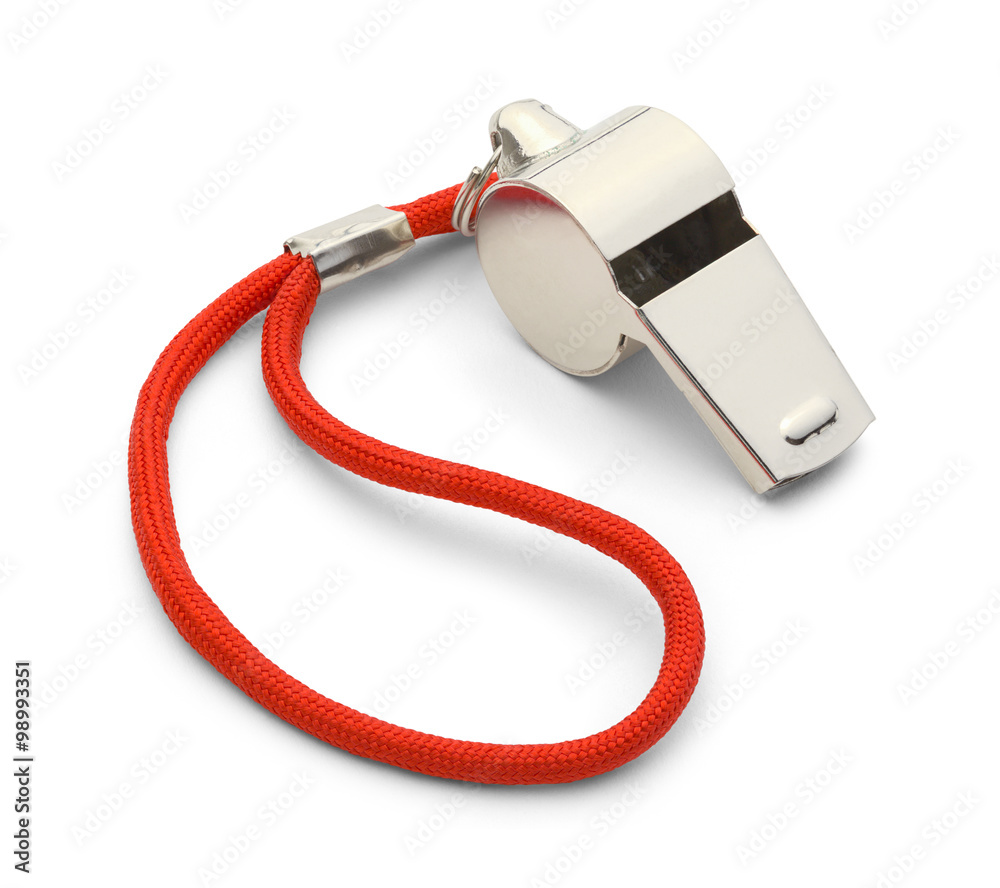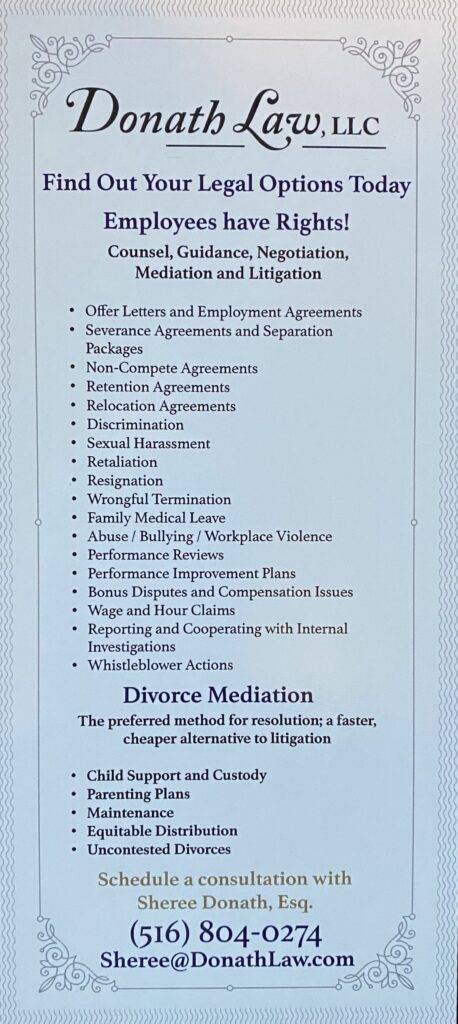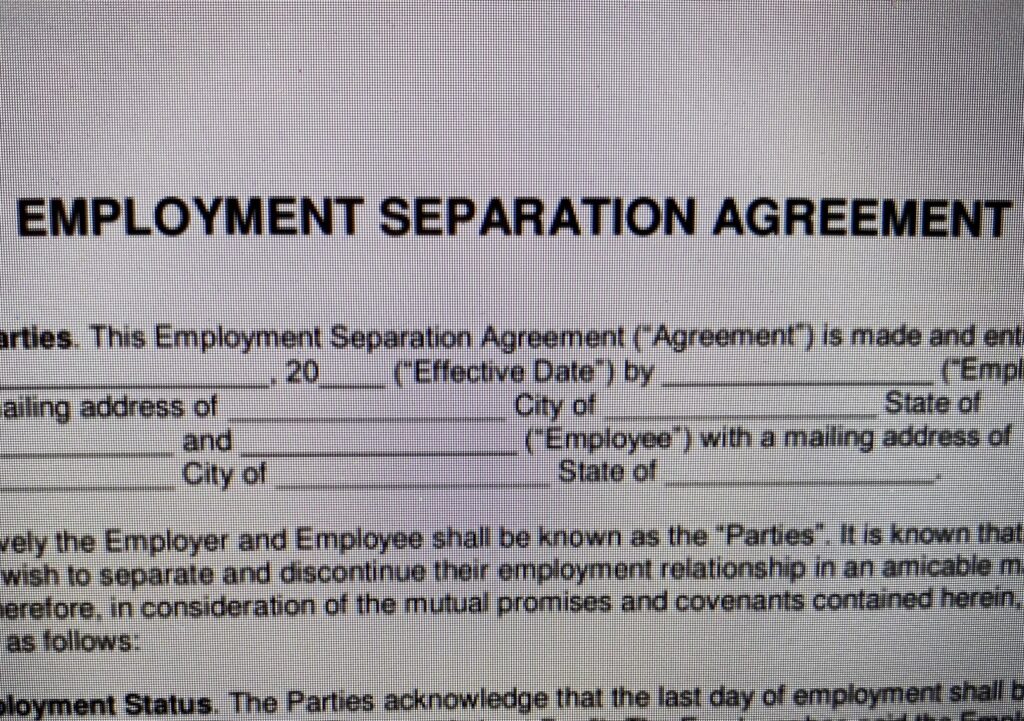Effective January 26, 2022, whistleblower protections for employees will be expanded. Previously employees were only protected from retaliation if (a) the employee complained about an ACTUAL violation of law AND (b) the violation presented “a substantial and specific danger to the public health and safety.”
Some of the key components of the amendment include, among others:
(1) protecting employees from retaliation if they disclose or threaten to disclose a policy or practice of the employer that they REASONABLY believe violates a law, rule or regulation OR that the employee REASONABLY believes poses a substantial threat to the health or safety of the public.
(2) protections are afforded to current and former employees, as well as independent contractors.
(3) “law, rule or regulation” will now be defined as: (i) any duly enacted federal, state or local executive order; (ii) any rule or regulation promulgated pursuant to any such executive order; or (iii) any judicial or administrative decision, ruling or order. This includes pandemic related executive orders.
(4) expanding the statute of limitations from one year to two years.
(5) expanding the definition of adverse action to include: (a) taking or threatening to take adverse actions against an employee in the terms or conditions of employment (i.e. discharge, suspension, demotion); (b) actions or threats to take action that would adversely impact a former employee’s current or future employment; (c) threatening to contact or contacting immigration authorities or otherwise reporting or threatening to report an employee’s (or an employee’s family or household member’s) suspected citizenship or immigration status to a federal, state or local agency.
Employers are required to post notice of these new protections and to properly train managers and supervisors to properly address whistleblower complaints.
For more information about your rights under the new amendment to the New York whistleblower law or if you believe you have been retaliated against, contact Sheree Donath at sheree@donathlaw.com or by clicking here.
(Attorney Advertisement)












